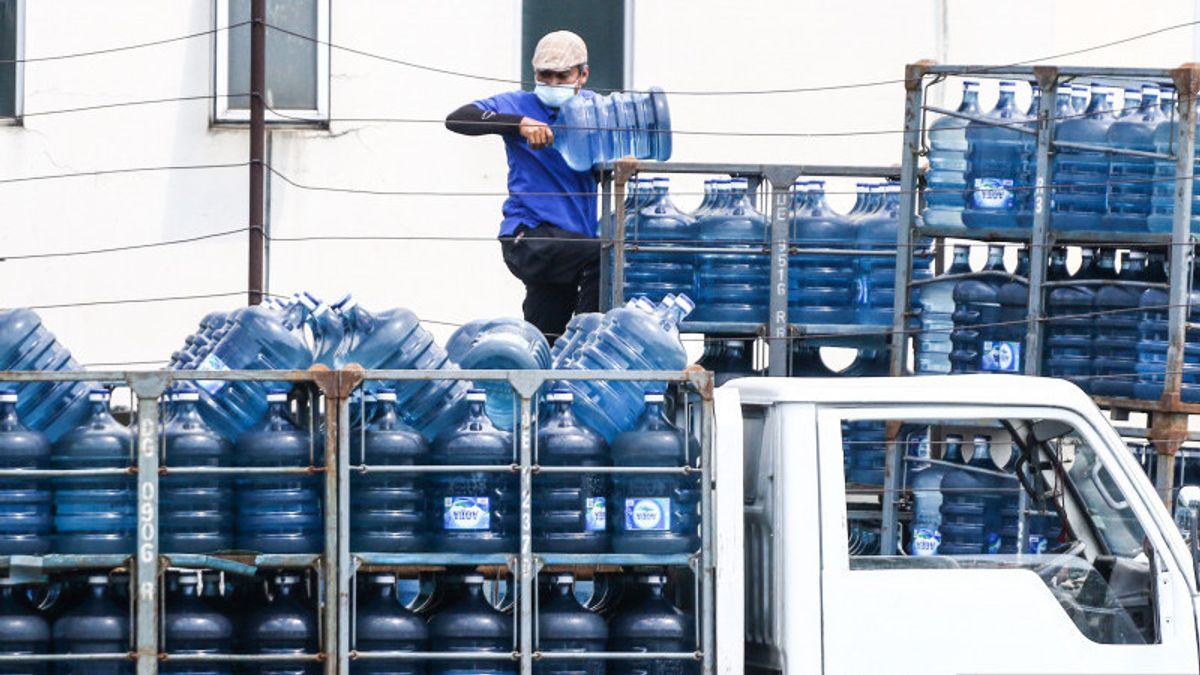JAKARTA - The world economy is currently increasingly uncertain, which raises various issues related to the recession in 2023.
Although the economic crisis due to the COVID-19 pandemic can be handled properly, economic growth is still shrouded in uncertainty.
Even so, there are several business sectors that are expected to be resilient in facing the 2023 recession.
Director of the Center of Economic and Law Studies (Celios) Bhima Yudhistira said there are three business sectors that can still survive in the midst of the dark predictions of the economy in 2023. One of them is the cosmetic and body care sector.
Bhima said, this deposit is still able to survive and even reap profits during the recession is the cosmetic business or body care.
This prediction refers to the experience during the COVID-19 pandemic, where businesses related to body care are selling well.
"There is a tendency even during the pandemic crisis, there is a boom skincare, currently this trend is still happening plus mobility has started to loose. The recession has actually made people pay more attention to body appearance," he told VOI, Monday, October 31.
Supporters of Information and Communication
Not only cosmetics, said Bhima, the business sector that is still able to survive in the midst of a recession is the information and communication support sector, such as data center, artificial intelligence (AI), and cloud computing.
Furthermore, Bhima explained, although there is still a startup winter season, the information and communication support sector is quite resilient in facing a recession.
"Although there is a startup winter, the direction for future digitization is to accelerate the adaptation of traditional companies with the support of digital systems," he said. Food and Beverage Bhima said the sector that is still able to survive the recession is the food and beverage sector (FnB).
This is because the sector is related to the basic needs of the community.
"The food and beverage sector or FnB is due to basic needs so that it is relatively immune to recession," he said.
Even so, Bhima emphasized that FnB based on local food is more surviving than products with imported raw materials.
Because, when the exchange rate difference or the rupiah exchange rate continues and is too volatile, it adds to the production cost burden. "But FnB, whose basis is local food, can survive more, than food with large import raw material content," he said.
The English, Chinese, Japanese, Arabic, and French versions are automatically generated by the AI. So there may still be inaccuracies in translating, please always see Indonesian as our main language. (system supported by DigitalSiber.id)













